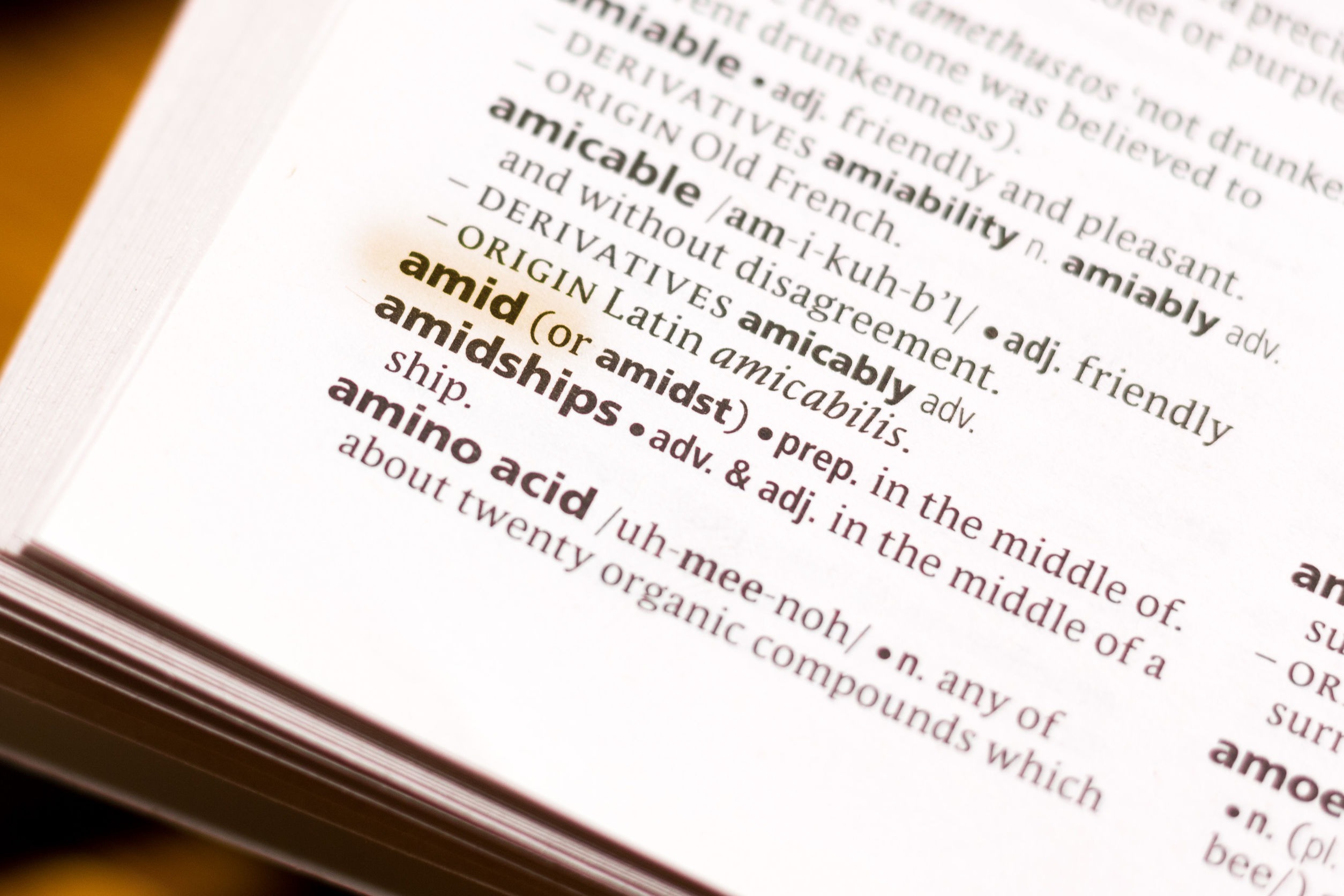During the COVID-19 pandemic, buzzwords are getting a workout
Many users on Twitter have noted the increased use of some words and phrases that have started to distract from important messages.

Editor’s note: This article is a re-run as part of our countdown of top stories from the past year.
There might be a global pandemic out there, but social media users still have time to slam jargon and buzzwords online.
As reporters and organizations have worked around the clock to provide updates on the COVID-19 crisis, one word that has gotten a lot of use: “amid.”
https://twitter.com/dsarkisova/status/1240679045391683585
The word “amid” is really getting a workout in headlines this week.
— R. Eric Thomas (@oureric) March 19, 2020
AMID!!!! #yeg #covid19 #Alberta #CanadaCovid19 #partylikeajournalist pic.twitter.com/2KUqXhBTFr
— Kash (@iamkash99) March 20, 2020
If one more media outlet uses the word “amid” in their headlines while talking about COVID-19 I might actually scream… how limited is our vocabulary?!
— VirgosGroove (@DisTewMuch_Dude) March 18, 2020
Some are trying to spice the word up:
https://twitter.com/dsarkisova/status/1240679816560607232
That’s not a suggestion that goes over well with many editors:
copy editors seeing “amidst” pic.twitter.com/81W4oy9Fpk
— elijah helton (@byelijahhelton) March 20, 2020
Others suggested a more palatable alternative:
May I offer the more friendly, more approachable “during” https://t.co/sleqWhuHEQ
— Lauren Aguirre (@laurencaguirre) March 19, 2020
If you are inclined to parse your word choice to find the least obnoxious phrasing, there’s plenty more advice to be found on Twitter.
One editor with ABC suggests writers stop talking about “concerns”:
Another pet peeve of mine: talking about COVID-19 "concerns"
The virus is here. The threat is real.
— Max Walker (@WmMaxWalker) March 19, 2020
Here are some other buzzwords to avoid:
Our buzzword rn is “fluid situation”
— Alexa Schnoor (@alexa_schnoor) March 19, 2020
how i love hittin em with an “unprecedented”
— kelly cohen (@ByKellyCohen) March 19, 2020
Buzzwords aren’t the only language faux pas that have been making the rounds during the COVID-19 crisis.
sadly i'm still trying to differentiate between affected and effected
— kelly cohen (@ByKellyCohen) March 19, 2020
It's preventive, not preventative.
And as always, we style health care as two words, not one.Our latest AP Stylebook Online Topical Guide focuses on the novel coronavirus and COVID-19. It's available to all users, no login required: https://t.co/osDLURgTGE
— APStylebook (@APStylebook) March 18, 2020
However, not every language expert is going to agree. Here’s one word nerd who is ready to use the word “amid”:
“Words matter,” says John Kelly, a senior research editor at https://t.co/jJfulmuYlL. “They provide comfort and order amid chaos. They provide solidarity in an age of social distancing.”
We happen to agree.https://t.co/z1A3DBYyyM
— APStylebook (@APStylebook) March 20, 2020
Should we tell them?
Here are some tips for removing buzzwords from your writing:
- Read your writing out loud. If your copy sounds like corporate drivel, it is. Ditch it for concise, active sentences that convey the heart of the problem right away.
- Avoid technical terms. Just because your industry or organization is familiar with a phrase, the rest of the world might not be. And don’t waste your audience’s time defining unnecessary words and phrases. Use language that everyone already knows.
- Always scan. Remember that many in your audience aren’t going to hang onto your every word. Most readers are scanners, so try to replicate their experience to test your content and see if you deliver your key messages.
What are some of the words that you’d like to see less of during this current crisis? Share them with us in the comments.








“Uncertain times” is flying around a lot and drives me nuts. There’s actually quite a bit of math behind what’s happening and the only variable is how well we address it.
Number 3 above should say “hang onto your every word” not “you every word”. 😀
Thanks for catching!